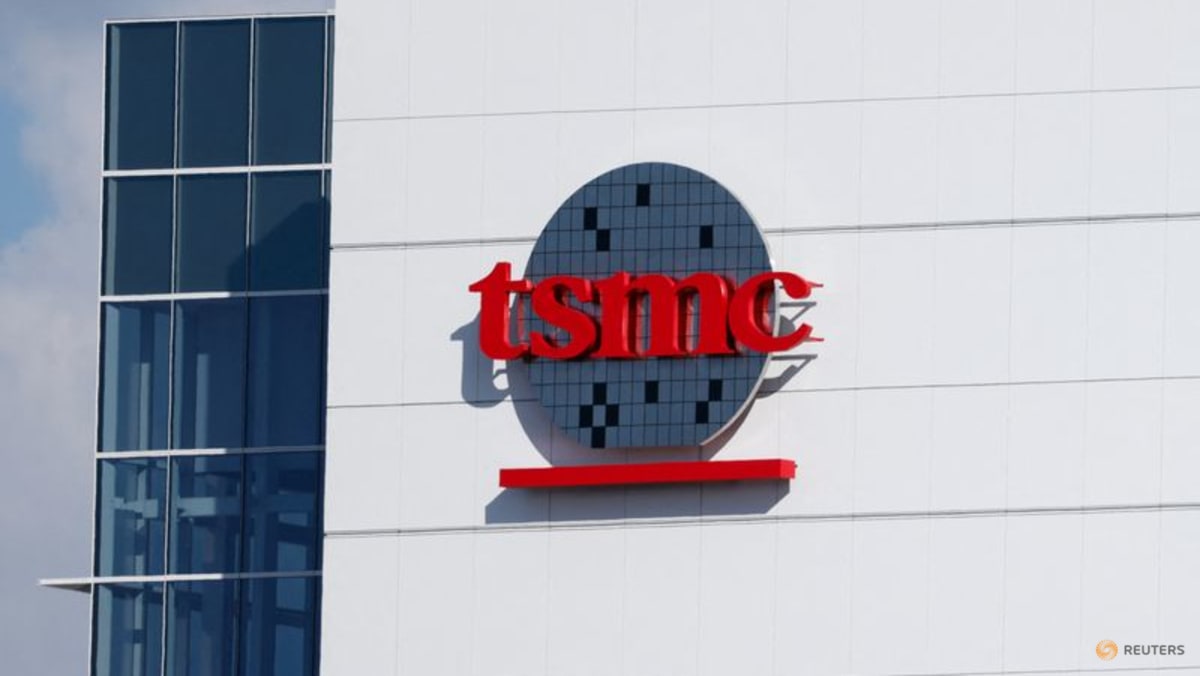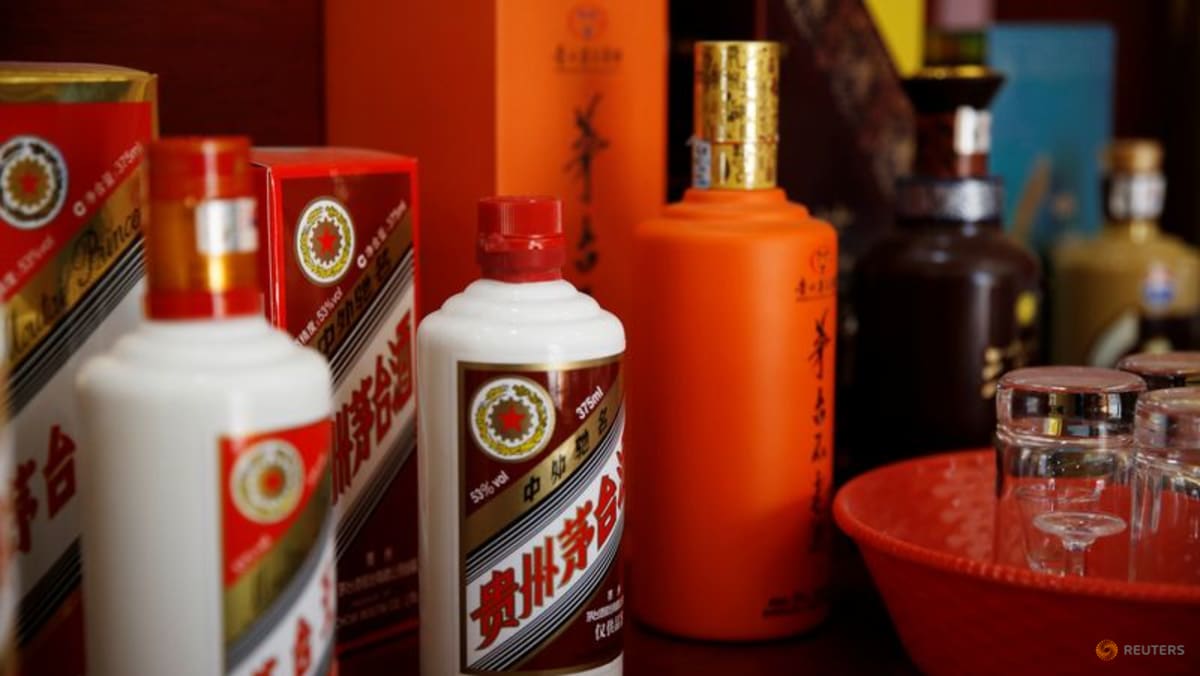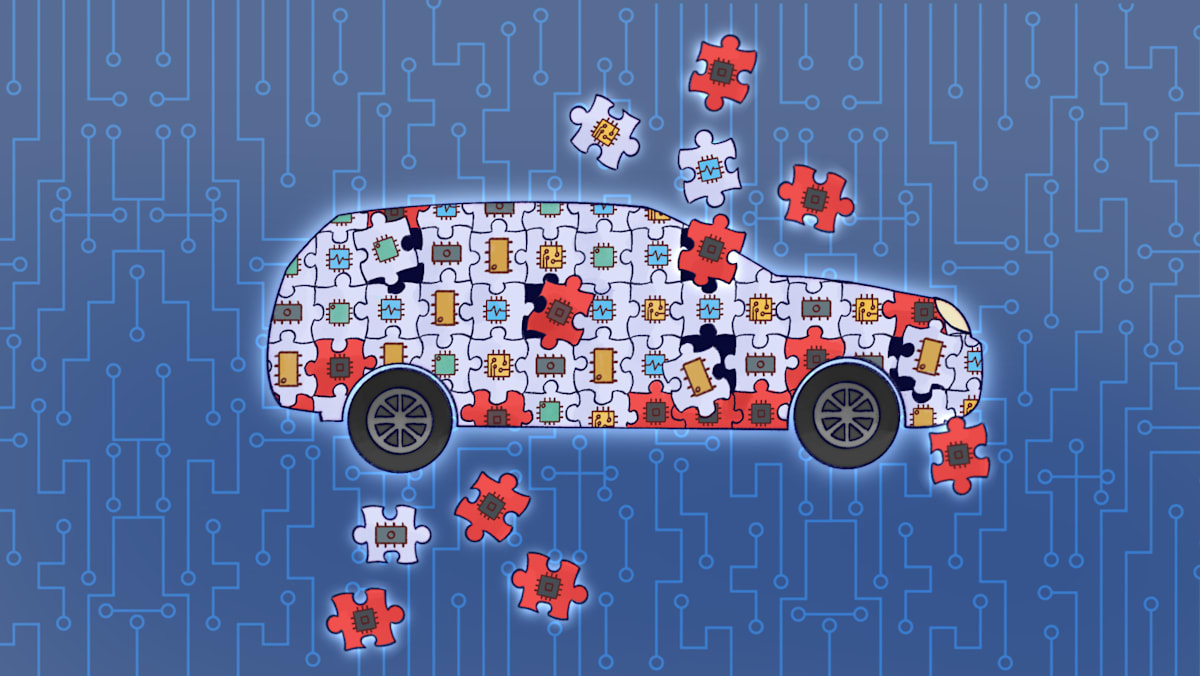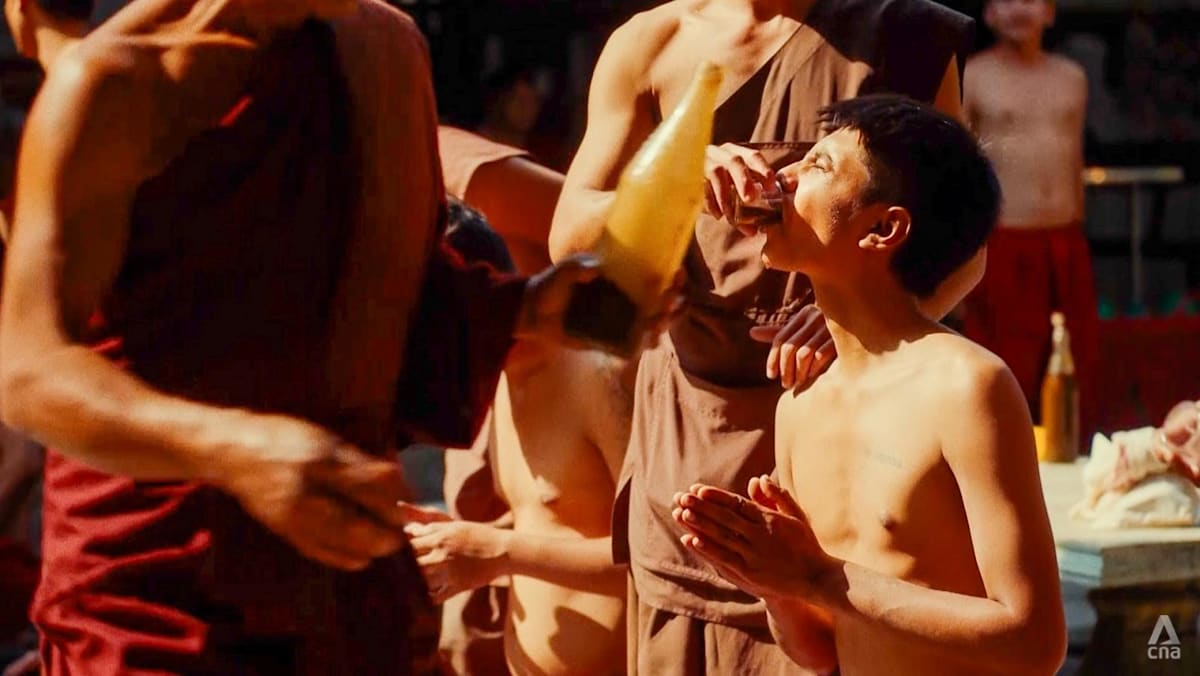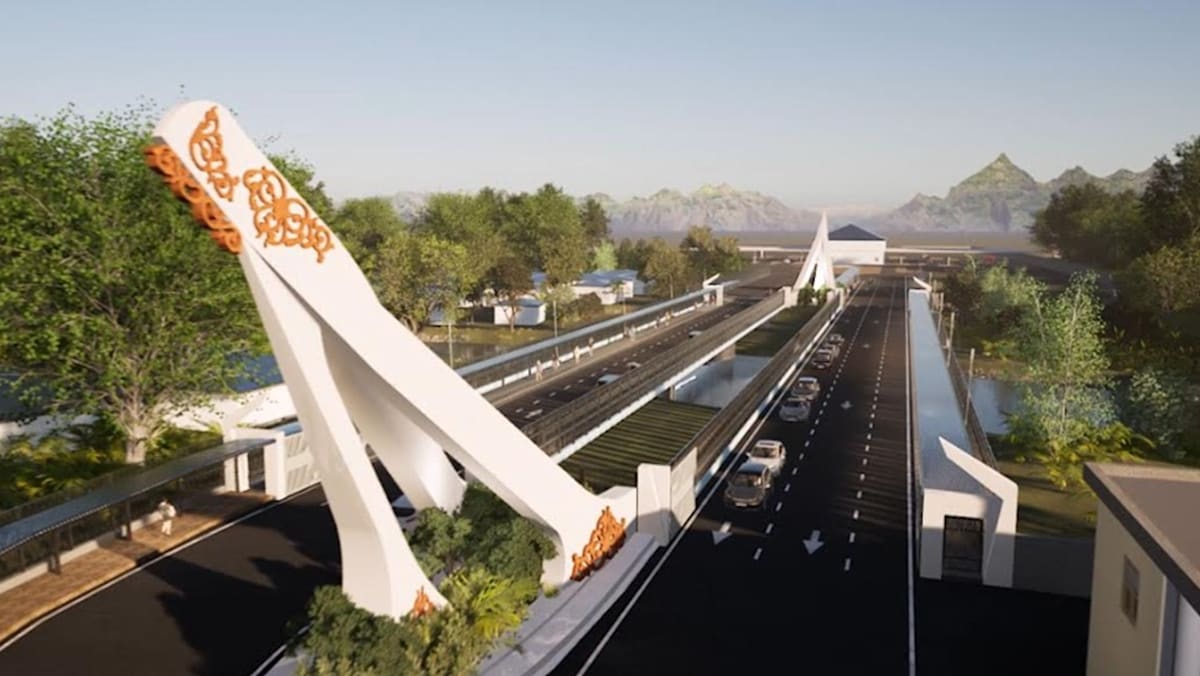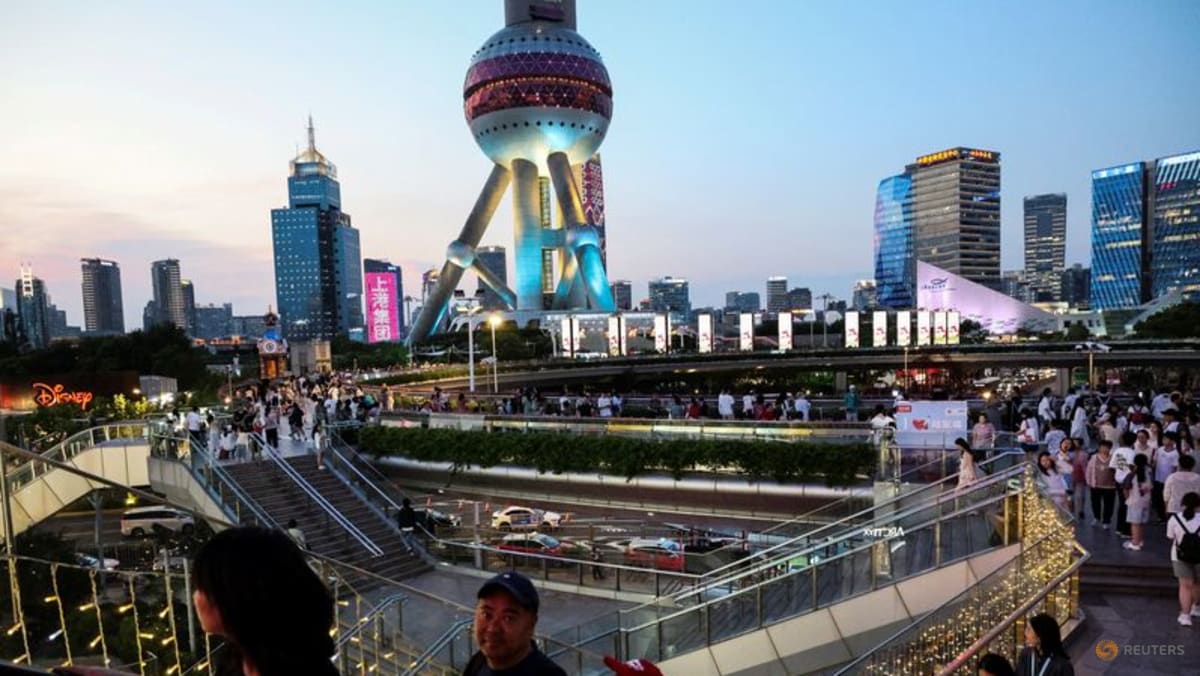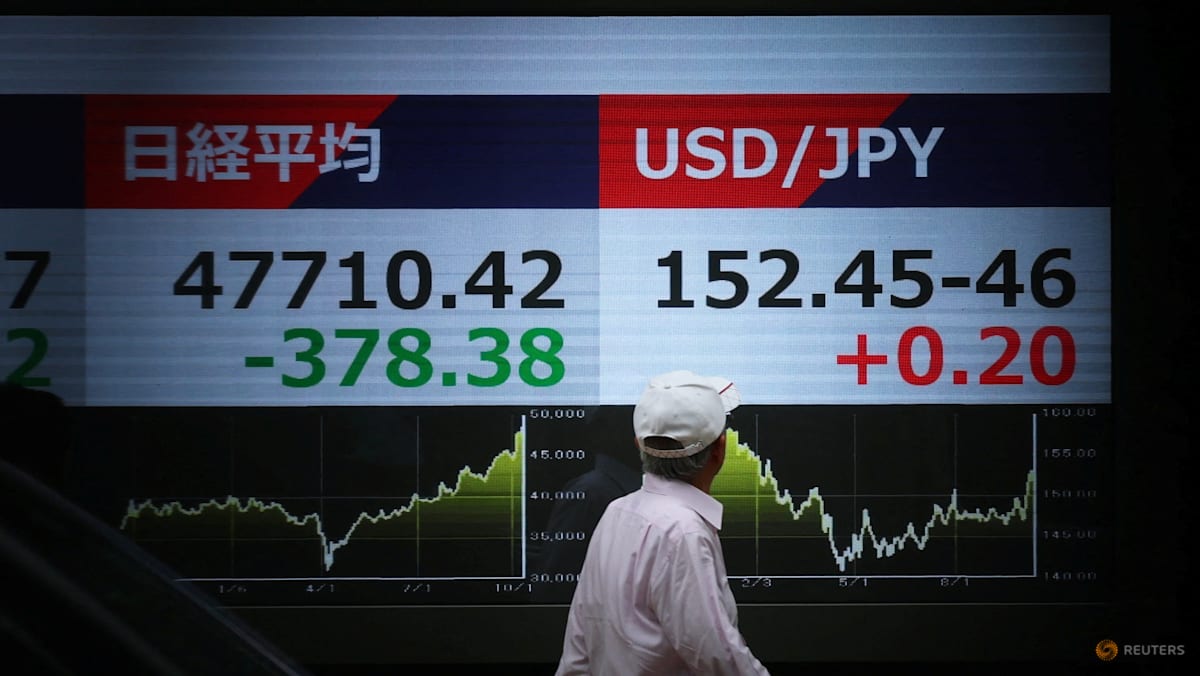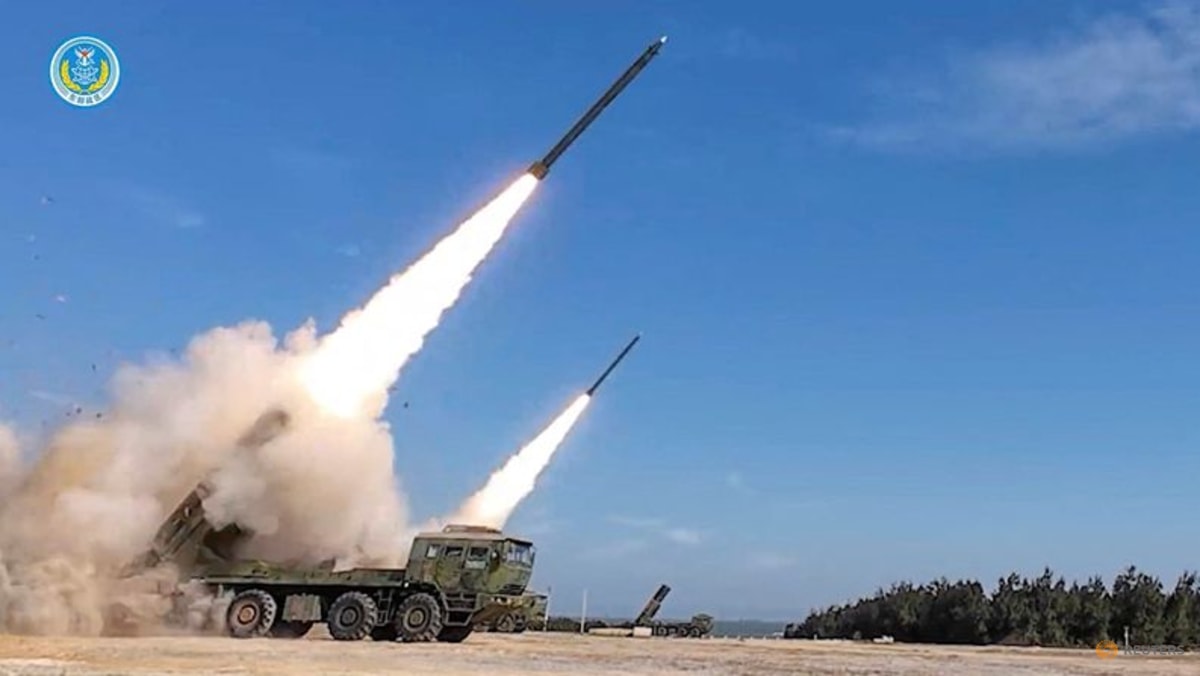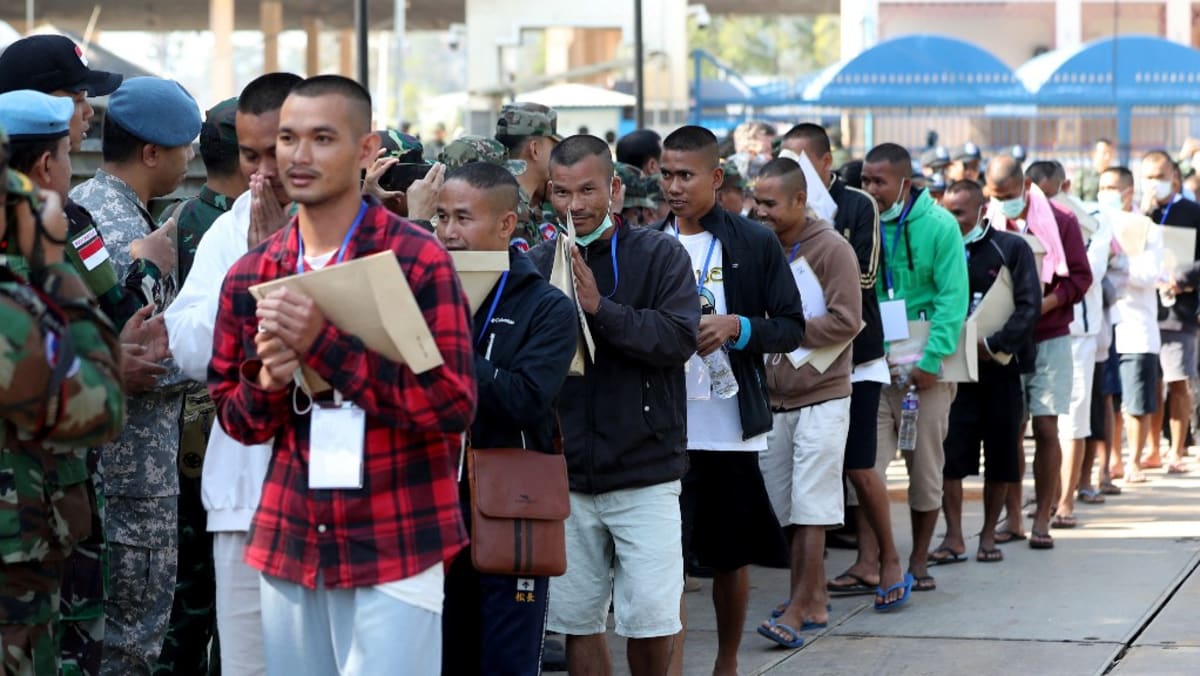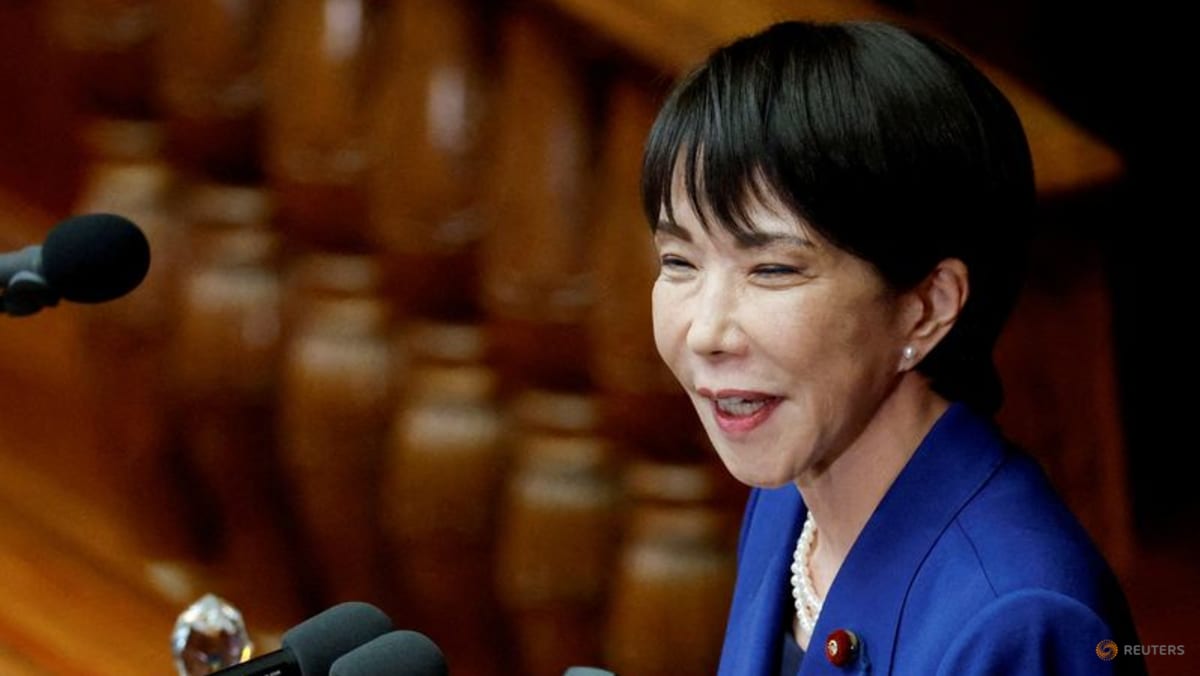In Zibo, China’s barbecue capital, a distant deadly gas blast puts safety in the spotlight
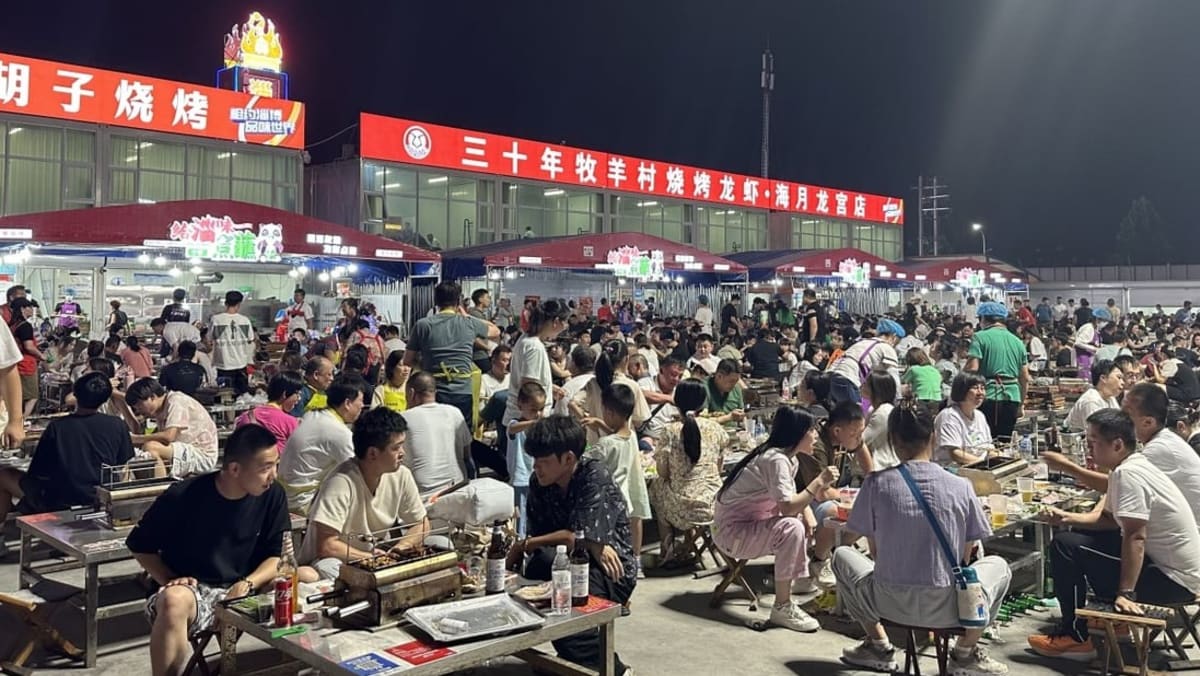
Liu said since his restaurant opened in April, the government had conducted a series of daily inspections, looking at everything from safety to hygiene and meat quality.
After the explosion in Yinchuan, Liu and his staff were immediately told to adopt various safety measures and take first aid classes.
“It was quite a miracle that our city has shot to fame all of a sudden, I think many of us are very serious about protecting our hard-earned reputation,” he said.
“We know the local government supports our business, so we are not worried about a crackdown following the safety checks.”
But there were other things to worry about, Liu said.
When the city shot to prominence a few months ago, Liu, like many, wondered how long it would last.
Meanwhile, local governments from other provinces, such as Henan and Jiangsu, wondered if they could replicate the success.
Other localities sent cadres on “study tours” to try to understand the phenomenon and while economists held academic seminars to discuss the factors at play.
The interest highlights the pressure that Beijing and other local governments are under to find ways to drive domestic spending after three years of COVID-19 measures.
While retail sales continued to grow in May, rising 12.7 per cent year on year, that was down from the 18.4 per cent gain in April.
And although China’s restaurant sector is still the best performer in terms of consumer spending, its growth is also slowing, according to data from the National Bureau of Statistics.
Renmin University finance professor Zhao Xijun said Zibo had managed to succeed because the city found a way to turn a “local delicacy” into a national brand.
The low cost of barbecue meals also meant it would appeal to a wider base of the population, he said.
But that continued success would rest in part on the government communicating well with business operators about their safety issues.
“It is important that these precautions are done to boost overall consumer confidence,” Zhao said. “But also it should be well communicated so normal business operations are not disrupted.”
For now, the diners keep coming, although in smaller numbers, according to taxi drivers and restaurant owners.
Liu said he was expecting the frenzy to last until the next big national holiday in the first week of October.
“When it gets cold, barbecue season will be over,” Liu said. “We can only hope that we have provided our service well, so people will come back again in spring.”
Source: CNA


